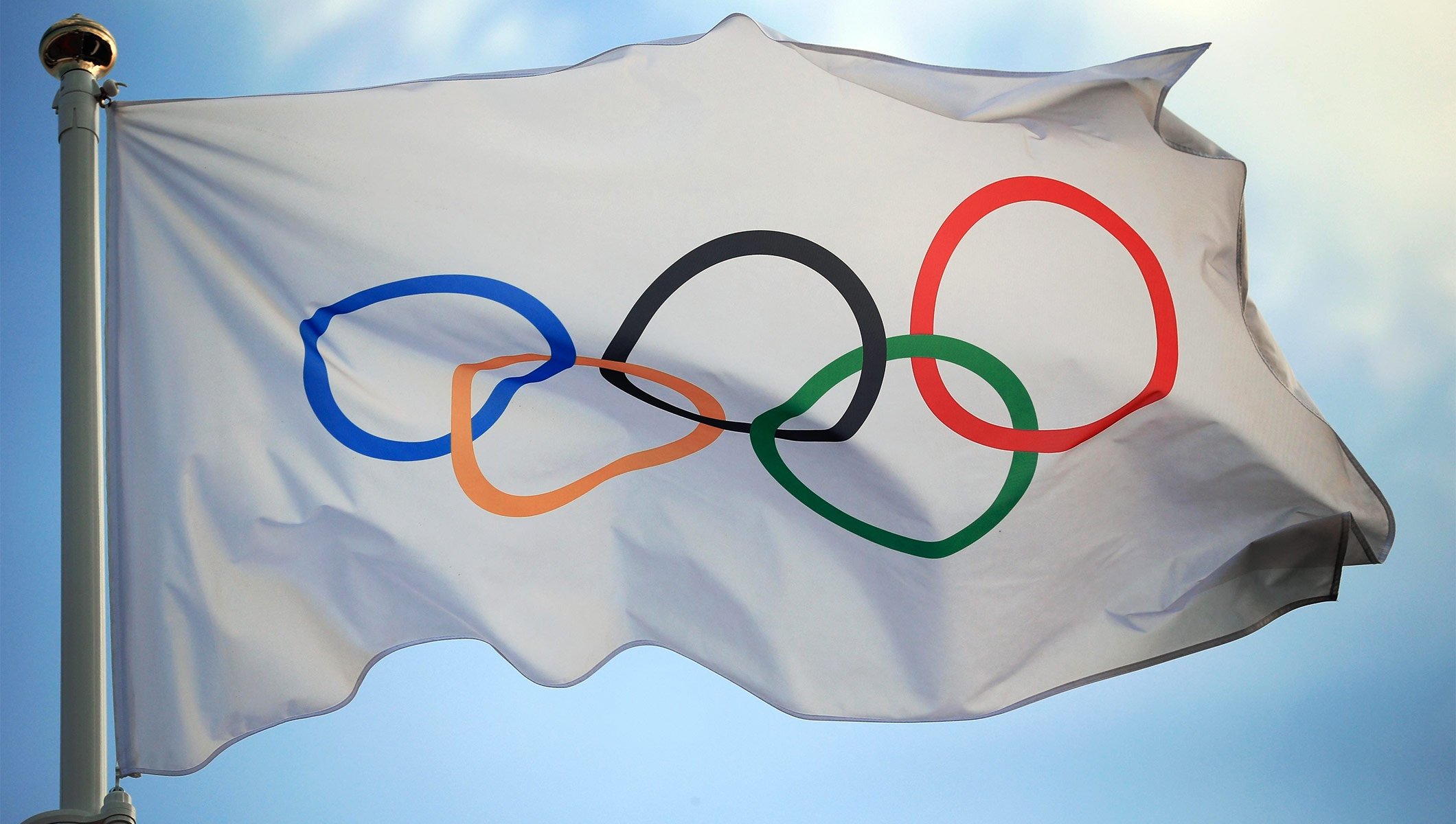Search the latest and greatest job opportunities in sport
 Since the adoption of the Olympic Agenda 2020 in December 2014, the International Olympic Committee has placed an even greater focus on ensuring that athletes are at the heart of the Olympic Movement, while also strengthening and expanding its various programmes that aim to assist athletes at every stage of their careers. Kirsty Coventry, Chair for the IOC Athletes Commission, former Olympic swimmer and member of IOC Executive Board shares her insight into the evolution of the International Olympic Committee and its Athletes' Commission strategies to support athletes at every stage of their careers.
Since the adoption of the Olympic Agenda 2020 in December 2014, the International Olympic Committee has placed an even greater focus on ensuring that athletes are at the heart of the Olympic Movement, while also strengthening and expanding its various programmes that aim to assist athletes at every stage of their careers. Kirsty Coventry, Chair for the IOC Athletes Commission, former Olympic swimmer and member of IOC Executive Board shares her insight into the evolution of the International Olympic Committee and its Athletes' Commission strategies to support athletes at every stage of their careers.
Image credit: IOC
Reflecting the Olympic Agenda 2020 goal of placing the athletes at the heart of the Olympic Movement and strengthening the support to athletes we, the IOC Athletes' Commission, serve as a link between athletes and the IOC. As the elected athlete representatives within the Olympic Movement, we aim to lead by example and provide a guiding reference for other Athletes' Commissions. These programmes include everything from providing funding for athlete development through Olympic Solidarity to the protection and promotion of clean and fair sport.
Last year, the IOC also adopted the ground-breaking Athletes' Rights and Responsibilities Declaration (Athletes' Declaration), which aims to guide the Olympic Movement's actions and further its support for athletes by outlining a common set of aspirational rights and responsibilities for athletes within the Olympic Movement.
Inspired by the Universal Declaration of Human Rights and other internationally recognised human rights standards, it features 12 rights and 10 responsibilities covering topics such as anti-doping. integrity, clean sport, career, communications, governance, discrimination, due process and protection from harassment and abuse.
This historic initiative was driven by the athlete community, with a year-long process that engaged all stakeholders, athlete representatives and athletes. In the end, it was shaped by the views and opinions of more than 4,200 elite athletes from 190 countries and over 120 sports disciplines through a worldwide consultation process.
We gave them the possibility to share their voice and tell us what matters most to them and their comments are reflected in the final document, which is a tangible and historical milestone in our effort to support athletes during their sporting and non-sporting career.
The idea of an Athletes' Declaration was sparked in early 2017 and its development and delivery was part of the implementation of the IOC Athletes' Commission Strategy, "All In". At the heart oi this Strategy is a desire to further strengthen athlete representation in decision-making bodies, and to make sure the athletes' viewpoint is heard at the highest level across all Olympic Movement stakeholders.
The Strategy also sets out our plans to enhance our engagement with athletes around the world. A key part of this has been the launch of Athlete365 - an online platform that unites all of the IOC's athlete-focused initiatives and communications.
During the Games, all Olympians competing in Tokyo will receive a limited edition Samsung smartphone featuring the Athlete365 app, which will include all the practical information they need - such as where the dining hall is and what's on the menu - to details about all the IOC programmes that can support them.
[...] Our aim to equip athletes with the tools they need to develop their sporting and non-sporting careers.
Kirsty Coventry, Chair for the IOC Athletes Commission
In the build-up to Tokyo. we have also already started engaging with athletes in-person at various events to ensure that they and their entourage are familiar with the key information and messages before they even get to the Games.
Throughout all of these activities, we continue to be guided by our Strategy and its four key pillars: Empower, which relates to strengthening athlete participation in the Olympic Movement decision-making process through a worldwide network of effective athletes' commissions; Support, which refers to our aim to equip athletes with the tools they need to develop their sporting and non-sporting careers; Promote, which will demonstrate the value of athlete involvement in decision-making across the Olympic Movement; and Represent. which aims to ensure that the viewpoint of athletes is represented in all Olympic Movement stakeholders.
By continuing to focus on these pillars, we hope to continue increasing our support and engagement with athletes in their preparations for Tokyo 2020; in their career transition; in raising their profile and celebrating their achievements; and in empowering them to become visible Ambassadors and Role Models for young athletes around the world.
This article was originally published in the WFSGI magazine which can be viewed here.
Search the latest and greatest job opportunities in sport
One of the many key success factors when assessing the quality of degree programmes is the employability rate of its gra...
Read moreThe global major event industry is one of the most thrilling and impactful career paths you can choose. If you’re lookin...
Read moreStarting his career in New Zealand within sports events, Regan gained valuable experience with Hockey New Zealand and Ne...
Read more